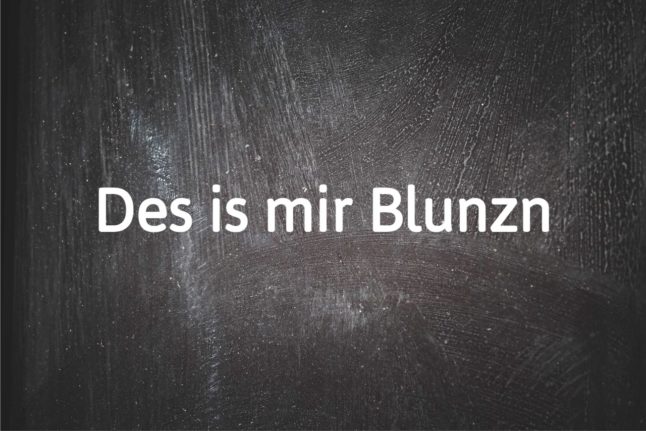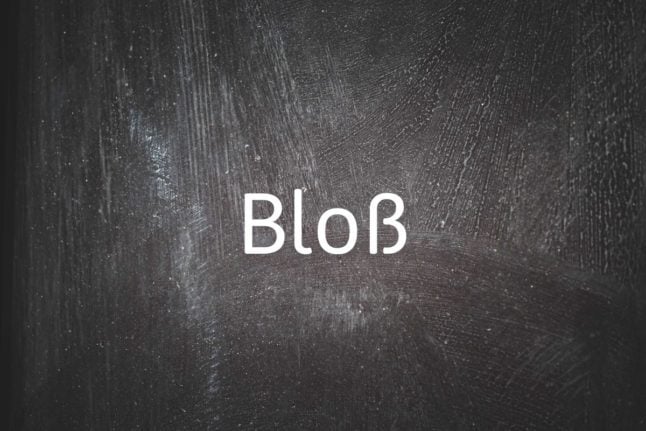Why do I need to know ‘des is mir Blunzn’?
Because sausage idioms are essential in German-speaking countries and this is a particularly helpful piece of Austrian slang.
What does it mean?
Blunzn is the Austrian word for blood sausage (which, by the way, is Blutwurst in high German). And ‘des is mir’ is Austrian dialect for ‘that is to me’. The phrase Des is mir Blunzn (sometimes written like ‘des is ma Blunzn’) literally means ‘that is blood sausage to me’.
Although it should be noted that Blunzn is an ingredient in lots of Austrian dishes, and often thrown into a pan and chopped up and fried with Erdäpfeln (the Austrian German word for potatoes), the phrase in this context doesn’t have anything to do with blood sausage.
Des is mir Blunzn means ‘I don’t care’. You can use it to express indifference to something. If you’ve learned German in a classroom you probably know its cousin: Das ist mir egal. It’s also similar to another German popular idiom – Das ist mir Wurst (literally “that is sausage to me).
READ ALSO: German phrase of the day – Das ist mir egal
The word (die) Blunzn can also be used as a derogatory term to describe a woman who’s acting unwisely.
Although this word never has a particularly positive connotation, it is used in a variety of ways. Depending on the tone of the speaker, it can be used in a loving and jokey manner.
Use it like this:
Wer wird heute das Fußballspiel gewinnen? Das weiß ich nicht. Des is mir Blunzn.
Who will win the football game today? I don’t know and couldn’t care less.
Des is mir Blunzn, in welche Bar wir gehen.
I really don’t care which bar we go to.



 Please whitelist us to continue reading.
Please whitelist us to continue reading.
Member comments